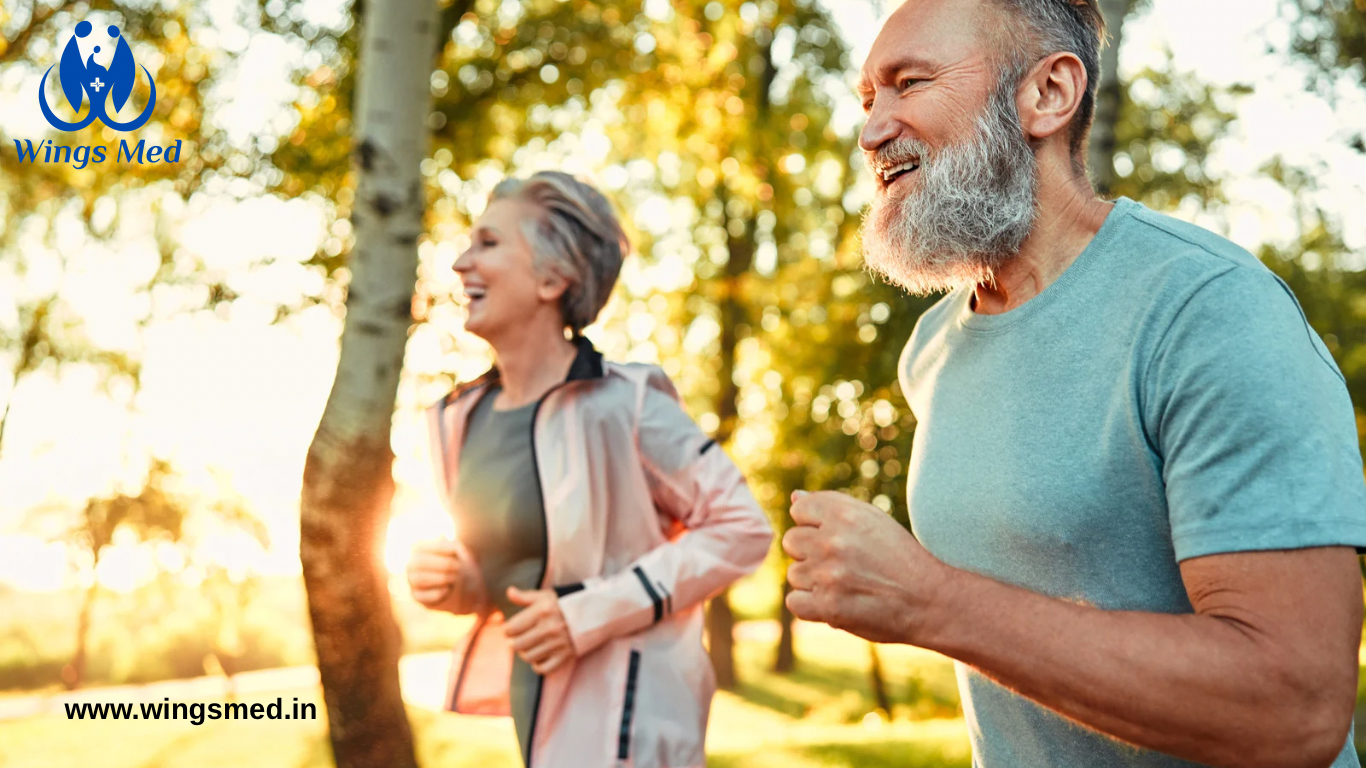HealthCare
Stay Cool, Stay Healthy: Your Essential Summer Health Guide
Here’s a general set of medical and health tips for the summer session to help you stay safe, hydrated, and healthy:
1. Stay Hydrated
- Drink plenty of water throughout the day (at least 8–10 glasses).
- Avoid sugary, caffeinated, and alcoholic drinks—they can dehydrate you.
- If you’re active or outside, increase your fluid intake.
2. Sun Protection
- Use sunscreen with SPF 30 or higher and reapply every 2 hours.
- Wear protective clothing, a wide-brimmed hat, and sunglasses.
- Avoid direct sun exposure between 10 AM and 4 PM, when UV rays are strongest.
3. Heat Illness Prevention
- Know the signs of heat exhaustion (dizziness, weakness, headache, nausea).
- Stay in cool or shaded areas when possible.
- Avoid heavy physical activity during peak heat.
4. Nutrition
- Eat light and fresh meals—fruits, vegetables, and salads.
- Avoid heavy, oily foods that can increase internal heat.
- Seasonal fruits like watermelon, cucumbers, and berries are hydrating and nutritious.
5. Insect Protection
- Use insect repellent if you’re going to be outdoors.
- Wear long sleeves and pants in mosquito-prone areas.
- Keep your environment clean to avoid breeding spots for mosquitoes.
6. Exercise Wisely
- Work out in the early morning or late evening.
- Avoid intense outdoor activity during peak heat hours.
- Opt for indoor workouts or swimming for cooling exercise.
7. Travel & Outdoor Safety
- Keep a first aid kit if you’re camping or hiking.
- Stay informed about local heat or pollution alerts.
- Don’t swim in unfamiliar bodies of water without checking for hazards.
8. Chronic Conditions
- If you have asthma, heart disease, or diabetes, check how heat affects your medications.
- Always carry necessary medicines and emergency contacts.

